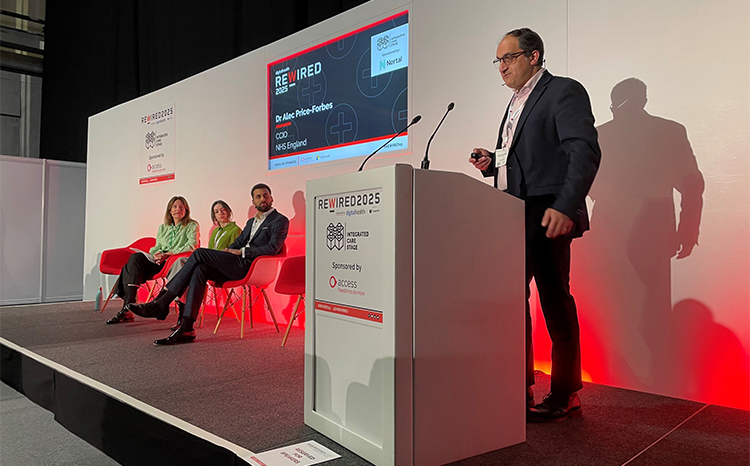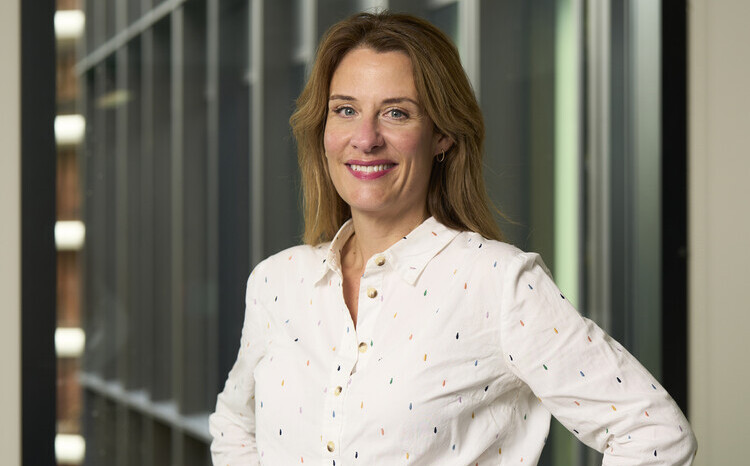Dr Google causes concern for Macmillan Cancer Support

Charity Macmillan Cancer Support has said it is concerned patients are turning to the internet for information about the disease, leaving them feeling confused and depressed.
Research from the charity, based on a YouGov survey of 2,000 people with cancer in the UK, revealed 39% look online for information about their diagnosis, and of these 27% feel anxious, depressed or confused afterwards.
Macmillan attributes the worrying habit of scouring the web to the confusion that comes with a diagnosis,highlighted by the fact that one in three people (34%) recently diagnosed felt overwhelmed by information and the top reasons for googling being to look for more information (75% of those who looked online gave this as a reason) and to find out about their prognosis (56%).
Dr Rosie Loftus, chief medical officer at Macmillan, said: “In today’s digital society, it is understandable that people look up their diagnosis online when they’re told they have cancer.
“However, it is extremely concerning that such a high number of people who turn to the internet for support are presented with such a seemingly negative outlook.
“It is vital people with cancer are supported from day one. This not only depends on the cancer workforce having the time and capacity to fully explain what a diagnosis means, but also signposting people to reputable sources to ensure they start their cancer experience on the right foot.”
In 2017, the charity introduced its first digital nurse to support its online community. Ellen McPake’s job, is dedicated to answering questions online to help those affected by cancer, via social media platforms and the charity’s online community.
Responding to the research, Professor Peter Johnson, NHS clinical director for cancer, added: “Going online is a quick and popular way to find information, but it is vital that internet and social media platforms help people find reliable sources of information, and not those promoting myths and ‘miracle cures’ which at best don’t help, and at worst put people’s lives at risk.
“As part of our Long Term Plan we are rolling out a faster diagnosis standard so that people get certainty sooner, and investing in more clinical nurse specialists and other professionals to ensure people get more personalised cancer care, including information they can trust.”




4 Comments
It is very surprising that ONLY 39% searched online after receiving a cancer diagnosis. That statistic is far below any other research I’ve seen (all I’ve seen thus far has been between 76% and 87%) – but relate to US population, mostly. This specific UK population must be unusually trusting of their medical professionals, as it is.
One approach is to provide patients a professional guide, such as suggested here. However, that is both costly, and it doesn’t actually quench patients’ and caregivers’ (one must consider not just the patient, but all who care for them) thirst for knowledge. A service (like ours – Medivizor) that actually does so may be a great complement to human support, and is already employed in such a manner.
on the whole internet and social media platforms are a very good thing … for one thing they offer people up and down the country an equal service, something that the nhs is failing to do …
this is by no means a fault of the people on the front line, hats off to everyone of them, it is a fault of leadership …
it is most definitely not a fault of Google is it Dr, sorry Professor ..
Comments are closed.